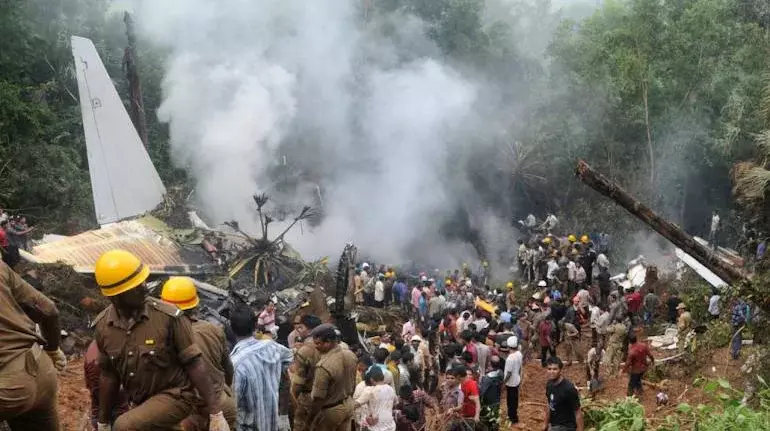The Karnataka High Court recently quashed the private complaint and the cognizance taken on it by a trial court at Managluru in 2013, against the Airports Authority of India (AAI), the Air India Ltd. (AI) and its executives in regards to the Air India Express 812 plane crash incident outside Mangaluru airport, on May 22, 2010, in which 158 persons on board were killed. A single bench...

